Long seen as a key event in United States history, the American Revolution continues to draw considerable attention from historians and to generate substantial public interest.

Bookshelves are filled with works on the Founding Fathers, the men who spearheaded an unprecedented revolt against British rule and won independence for the American colonies. The founders we celebrate were men. Perhaps this should not be surprising, given that this was a world in which only men could serve in the military and participate publicly in politics. American historian Linda Kerber once wrote about this era, “women rarely played the role of independent actors in the political arena. Instead, society conceptualized them as dependents whose menfolk would speak and act for them in economic, political, and legal affairs.” Yet women, too, participated in the Revolution. Their involvement, however, took different forms than that of their fathers, husbands, brothers, and sons.
George Washington…
This story is from the {{IssueName}} edition of {{MagazineName}}.
Start your 7-day Magzter GOLD free trial to access thousands of curated premium stories, and 9,000+ magazines and newspapers.
Already a subscriber ? Sign In
This story is from the {{IssueName}} edition of {{MagazineName}}.
Start your 7-day Magzter GOLD free trial to access thousands of curated premium stories, and 9,000+ magazines and newspapers.
Already a subscriber? Sign In
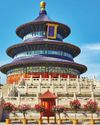
Worshiping Heaven
For almost 500 years, emperors of the Ming and Qing dynasties offered sacrifices and prayers at the Temple of Heaven in Beijing.
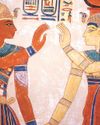
Peace Reigns
The news spread throughout Egypt—a new pharaoh, Ramses III, now sat on the throne.
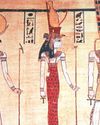
Problems To The East
Ramses III, the second king of Egypt’s 20th Dynasty, is viewed as Egypt’s last truly great pharaoh.
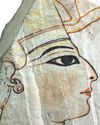
The Successors
Following the death of Ramses III, eight pharaohs, all named Ramses, ruled Egypt.
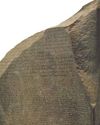
Stone Code
Hundreds of ships, led by the French general Napoleon Bonaparte, sailed from France in May 1798 on a secret mission.

Up & Away!
Eclipse observers often face unexpected difficulties, sometimes on their way to their chosen sites and sometimes at a site itself.

Edison's Eclipse Adventure
Thomas Edison (1847–1931) is the best-known inventor in American history.
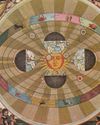
Digging Up Copernicus
The scientist “who made the Earth a planet” is how the Harvard-Smithsonian astronomer Owen Gingerich refers to Nicolaus Copernicus (1473–1543). Copernicus’ path breaking book, On the Revolutions of the Heavenly Spheres,challenged the centuries-old belief that the Earth stood stationary at the center of the cosmos.
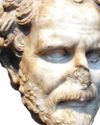
Demosthenes & Cicero
Even today, more than 2,000 years after they lived, Demosthenes and Cicero are still considered two of history’s most outstanding orators.
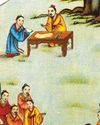
Confucius & Socrates
Some teachers are so inspirational that their influence lives on long after they die.